I. Introduction to Corrosion Test Coupons
Definition and Explanation
Corrosion Test Coupons are standardized metal specimens used extensively in the field of corrosion engineering and material science. These coupons are designed to simulate the material properties of larger structures and systems, providing a controlled means of evaluating the rate and type of corrosion that materials may undergo in specific environments.
Role in Material Science and Corrosion Engineering
In the realm of material science and corrosion engineering, Corrosion Test Coupons play a pivotal role. They are crucial for assessing the durability and longevity of materials used in various industrial applications. By analyzing the degradation of these coupons under controlled conditions, engineers can predict how well materials will perform in actual operational environments, leading to better material selection and protective strategies.
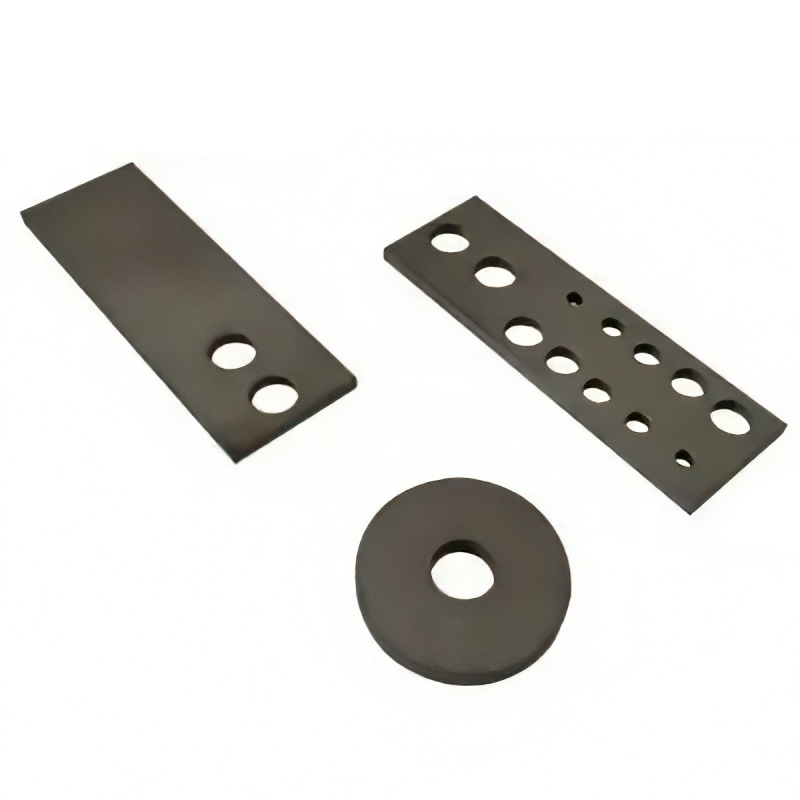
II. Understanding Corrosion Test Coupons
Physical Characteristics
Corrosion Test Coupons, typically small metal plates or strips, mirror the chemical composition and mechanical properties of the pipelines, vessels, or structures they represent. Their compact size and standardized dimensions make installation easy in a variety of settings, from pipelines to marine structures.
Application in Industrial Environments
Operators strategically place these coupons in various parts of an industrial system, exposing them to the same operational conditions that the actual materials encounter. This exposure encompasses temperature fluctuations, chemical interactions, and mechanical stress. After a predetermined period, operators retrieve and analyze the coupons to measure the extent of corrosion, which aids in evaluating the integrity and safety of the larger system.
III. Key Features of Corrosion Test Coupons
Material Varieties
Corrosion Test Coupons are fabricated from a range of materials to closely match the properties of the systems they are testing:
- Stainless Steel 304: This material is commonly used for its good corrosion resistance and strength, making it suitable for less aggressive environments.
- Stainless Steel 316: With a higher resistance to corrosion and pitting, particularly in chloride environments. This grade is preferred for harsher conditions.
- Дуплексная нержавеющая сталь F51: Known for its high strength and excellent corrosion resistance, it is used in environments with extreme conditions, including exposure to corrosive chemicals and high pressures.
Manufacturers specifically choose each type of material based on the environmental conditions and the expected type of corrosion in the application, ensuring relevant and reliable test results.
Operating Conditions
The versatility of Corrosion Test Coupons extends to their capacity to operate under diverse environmental conditions:
- Диапазон температур: These coupons are engineered to withstand a broad spectrum of temperatures, typically from -20 to +120 degrees Celsius, accommodating everything from Arctic cold to desert heat.
- Environmental Adaptability: They are also designed to resist various corrosive environments, whether acidic, basic, saline, or containing other chemical constituents, reflecting the operational challenges of the actual systems.
Design Benefits
The design of Corrosion Test Coupons offers several practical advantages:
- Lightweight and Flexible: This makes them easy to handle and install, which is especially beneficial in complex or confined spaces.
- Ease of Use: The simplicity of their design allows for straightforward installation and retrieval. Which is critical for regular monitoring without significant disruption to operations.
- Cost-Effectiveness: Despite their high utility, these coupons are relatively inexpensive to produce and use, making them an economical choice for ongoing corrosion monitoring.
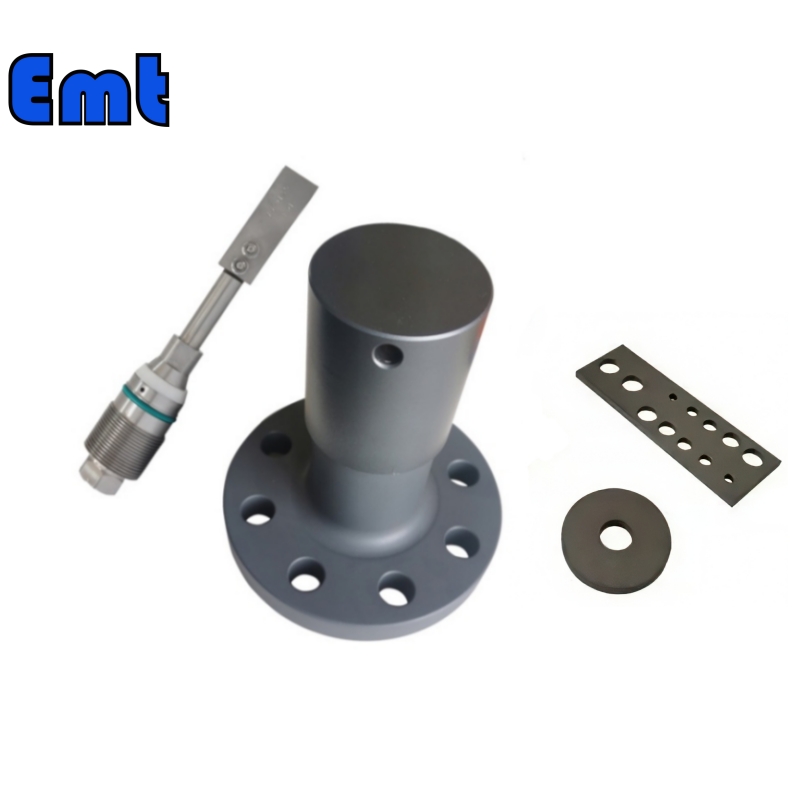
IV. Applications and Benefits
Corrosion Rate Measurement
One of the primary uses of Corrosion Test Coupons involves measuring the annual corrosion rate. To accomplish this, operators first weigh the coupons before placing them in the operational environment for a predetermined period, typically between 30 to 90 days. After this exposure, they retrieve and weigh the coupons again to determine the weight loss. This weight difference, when correlated with the exposure time and surface area, yields a quantifiable measure of material loss per year, expressed in mils per year (MPY). This vital data assists in forecasting the lifespan and maintenance requirements of industrial components.
Type of Corrosion Identification
Corrosion Test Coupons are instrumental in identifying various types of corrosion that could affect a system. These include:
- Гальваническая коррозия: Occurs when two dissimilar metals are in electrical contact in a corrosive environment.
- Щелевая коррозия: Develops in confined spaces where a stagnant solution gathers.
- Точечная коррозия: Characterized by highly localized holes in the metal.
- Межкристаллитная коррозия: Occurs along the grain boundaries of a metal.
Identifying the type of corrosion helps in selecting appropriate materials and protective measures, thereby enhancing the system’s durability.
Pitting Depth Analysis
The depth of pits formed due to pitting corrosion is a critical measure of the severity of localized corrosion and potential failure points. Corrosion Test Coupons enable detailed analysis of pitting depth, offering insights into the aggressive nature of the operational environment and the effectiveness of the chosen materials and corrosion inhibitors.
V. Handling and Use
Proper Handling
To ensure the accuracy of corrosion monitoring, it is imperative that Corrosion Test Coupons are handled with care. Operators must wear gloves to prevent oils from hands contaminating the metal surfaces. Which can skew corrosion rate measurements.
Detailed Documentation
Every step from the deployment to the retrieval of Corrosion Test Coupons must be meticulously documented. This includes recording the date of installation, the environment of exposure, and any anomalies observed during the test period. Such detailed documentation is essential for validating the integrity of the data collected.
Storage Conditions
Unused Corrosion Test Coupons should be stored in original packaging in environments free from corrosive gases and excessive moisture. This precaution helps to maintain the pristine condition of the coupons until they are ready for use.
VI. Our Services
Variety of Coupons
We offer a wide range of Corrosion Test Coupons tailored to meet the specific requirements of different industries and environments. Whether you need stainless steel, carbon steel, or more specialized materials like Inconel, we have the right solutions to fit your needs.
Гарантия качества
Our commitment to quality ensures that all coupons undergo rigorous checks before they are dispatched. We also provide samples for testing, allowing clients to verify the quality and suitability of our coupons for their specific applications.
Rapid Response and Delivery
We also pride ourselves on our ability to respond swiftly to client inquiries and expedite deliveries. Which ensures that you receive your Corrosion Test Coupons when you need them, without delay.
Continuous Support
Then our expert team is available 24/7 to offer support and address any queries you may have regarding the selection, use, or interpretation of Corrosion Test Coupons.
VII. Call to Action
We invite potential clients to reach out to our team of professionals for more detailed information or to place an order for Corrosion Test Coupons. So our experts are ready to assist you in selecting the right coupons to meet your specific requirements and to provide ongoing support throughout your corrosion monitoring efforts.



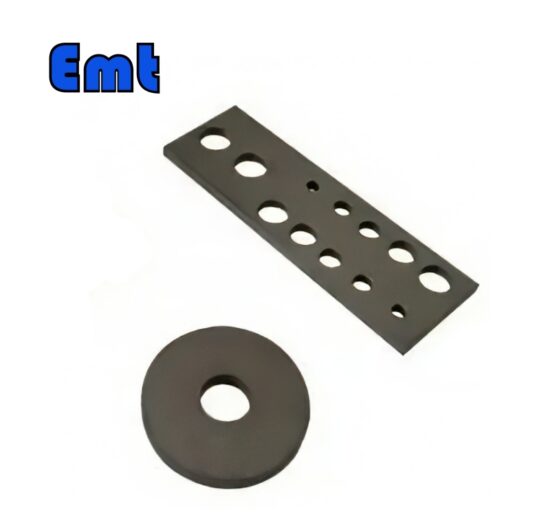
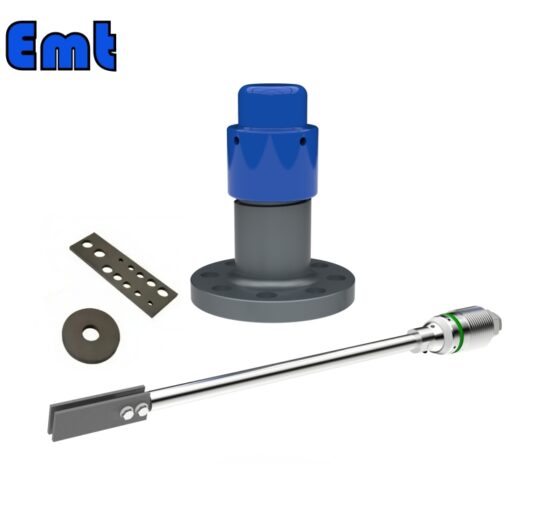
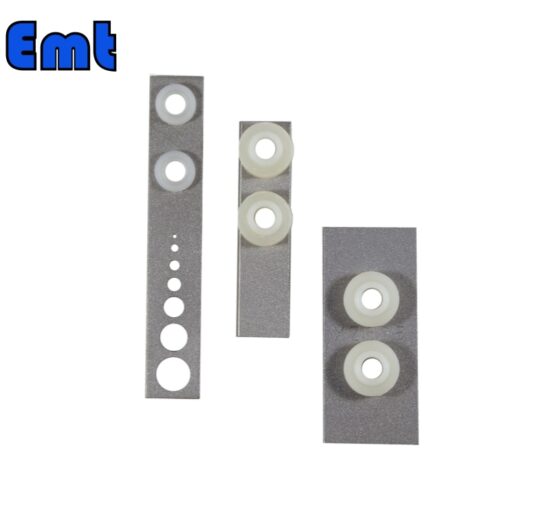
Отзывов пока нет.